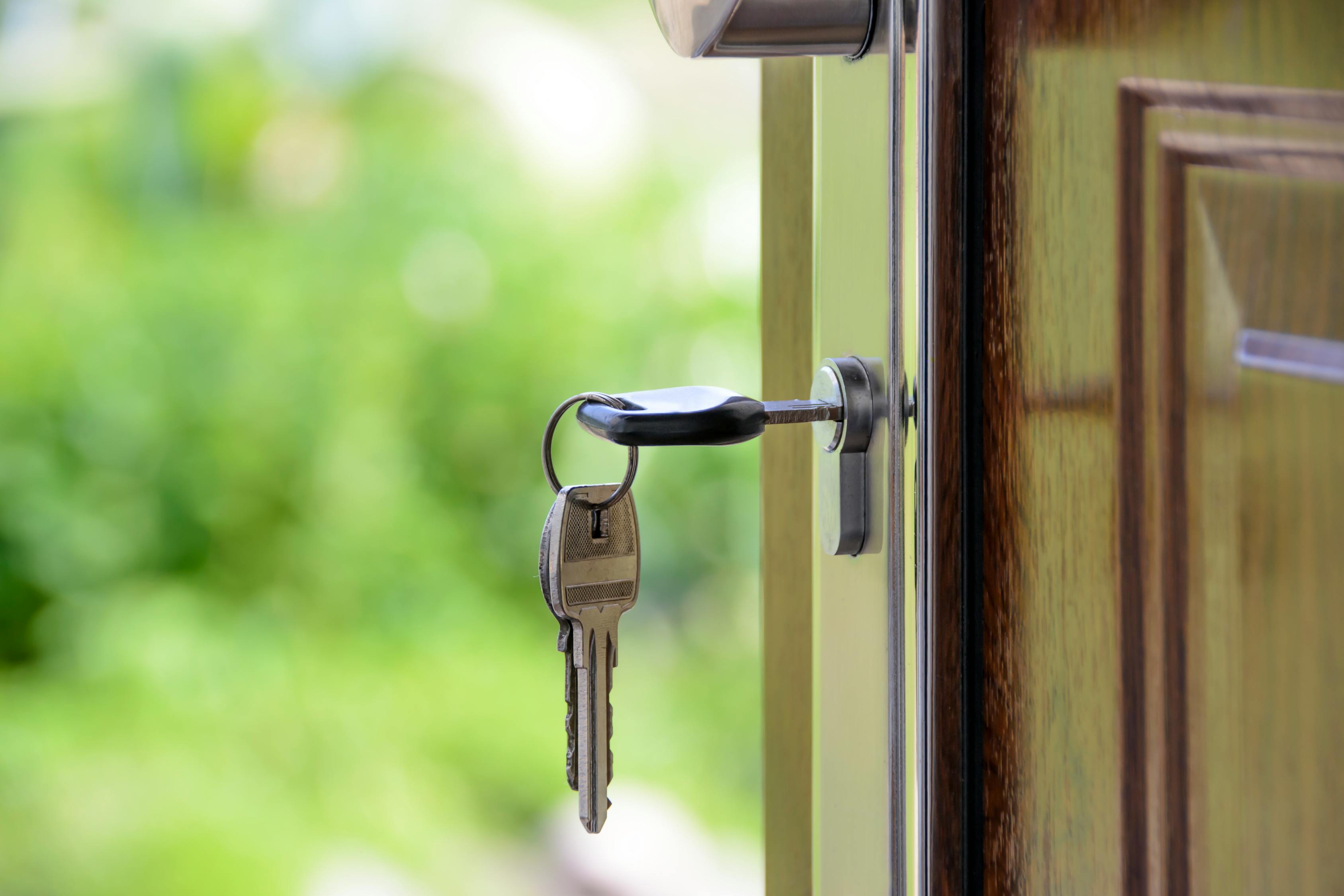Things you must remember before applying for your first mortgage
Preparing to purchase your first house, either with a partner or by yourself, is an exciting period in anybody’s life. But that excitement is matched by trepidation and confusion for many, and it’s likely to be one of the most important financial transactions you’ll ever complete.
Knowing where to start and what you need to do in preparation can be tricky, and it’s far more complex than arranging to rent a property. So, even if you’re already living with your partner, moving into a purchased property together is a huge step to take.
There are no easy shortcuts or tricks to the process, and though help and advice are out there, preparation and planning should be at the heart of everything. And it’s true what they say – buying a house is nothing to be rushed into!
Calculate the long-term
When you are taking out a mortgage, you must always keep your eyes on the long-term goal of eventually, paying it all off and fully owning your home. To this endeavour, you should use a trusted mortgage loan calculator which will show you the trajectory of your bills, interests and the overall reduction of the outstanding amount. Just put in the amount you intend to borrow, the interest rate and the length of term in years. You should get four results. The first will be the full monthly amount, then the interest only, then the months (broken down from the years) then finally, the total interest payable.
This gives you a lot of insight into just exactly how long you’re going to be locked into the contract for, and just exactly how much you will be paying. The key in this is to calculate the interest as this is what will have an effect on your long-term goal the most. Equally as important is your alertness when it comes to changing levels of interests in the wider real estate market. This could affect your mortgage plan if it’s not a fixed rate, (most long-term mortgages are not).
Check your credit score
Due to the explosion in the number of apps offering a monitoring service, most people are already aware of what their credit score is, and it’s important that you have an acute knowledge of what’s contained in your own report as this is what lenders will review when you make an application.
But even if you have a poor credit score, you definitely shouldn’t throw in the towel. There are lots of ways to improve your rating, such as making sure you’re on the electoral roll and closing down credit card accounts that you don’t use any more.
And in the months leading up to your application, be vigilant and aware of schemes, store cards, and gimmicks that could adversely affect your score without you knowing.

Source: Pexels
Work out what you can afford
This is probably the simplest step to take but also the most important: It’s absolutely crucial that you have an idea of what you’ll be able to cover in mortgage payments each month.
If you’ve rented a property before then you’ll be used to doing your sums to make sure there’s enough in the account to cover your expenses, but the big difference with buying a home are the more significant up-front costs.
You need to ensure you have enough to cover the purchase of the property as well as the monthly payments thereafter. There is a range of tools and calculators available online to help you crunch the numbers. At the same time, it’s also wise to study the market and consider when the best time for buying your first home may be.
Seek out security
When applying for your first mortgage, lenders will look for evidence that you have income security so that you are likely to be able to meet payments. For this reason, the security of a full-time job that you have held for a while is advantageous. While applying for mortgage, also look for reverse mortgage and view website to find more about the same. On top of this, you’ll need access to documents like P60s, which outline your earnings over the course of a year.
If you’re self-employed, you can take steps to provide proof of income, and there are a number of forms to be obtained from HMRC. You can continue reading if you are interested in understanding how mortgages function. These will help to demonstrate that you have money coming in and aren’t liable for any outstanding tax payments.

Source: Pexels
See what’s out there
Don’t go for the first mortgage offer that lands in front of you. If you tick the right boxes, lenders will be eager to work with you. However, you should consider the use of free mortgage comparison tools available to weigh up where the best deals are. These will allow you to get an overview of not only interest rates but also mortgage deals and rising as well as falling mortgage rates.
Take advice from friends or family who’ve headed down this path before to help you get an idea of how purchasing a home works in practice. Don’t be afraid to ask lots of questions whenever you sit down with an adviser or lender.
While the idea of applying for a mortgage can seem daunting, you can get yourself on the housing ladder with a little preparation and consultation. Make plans way in advance, and give yourself plenty of time to get finances and paperwork in order to stand the best chance of landing the perfect first home.
